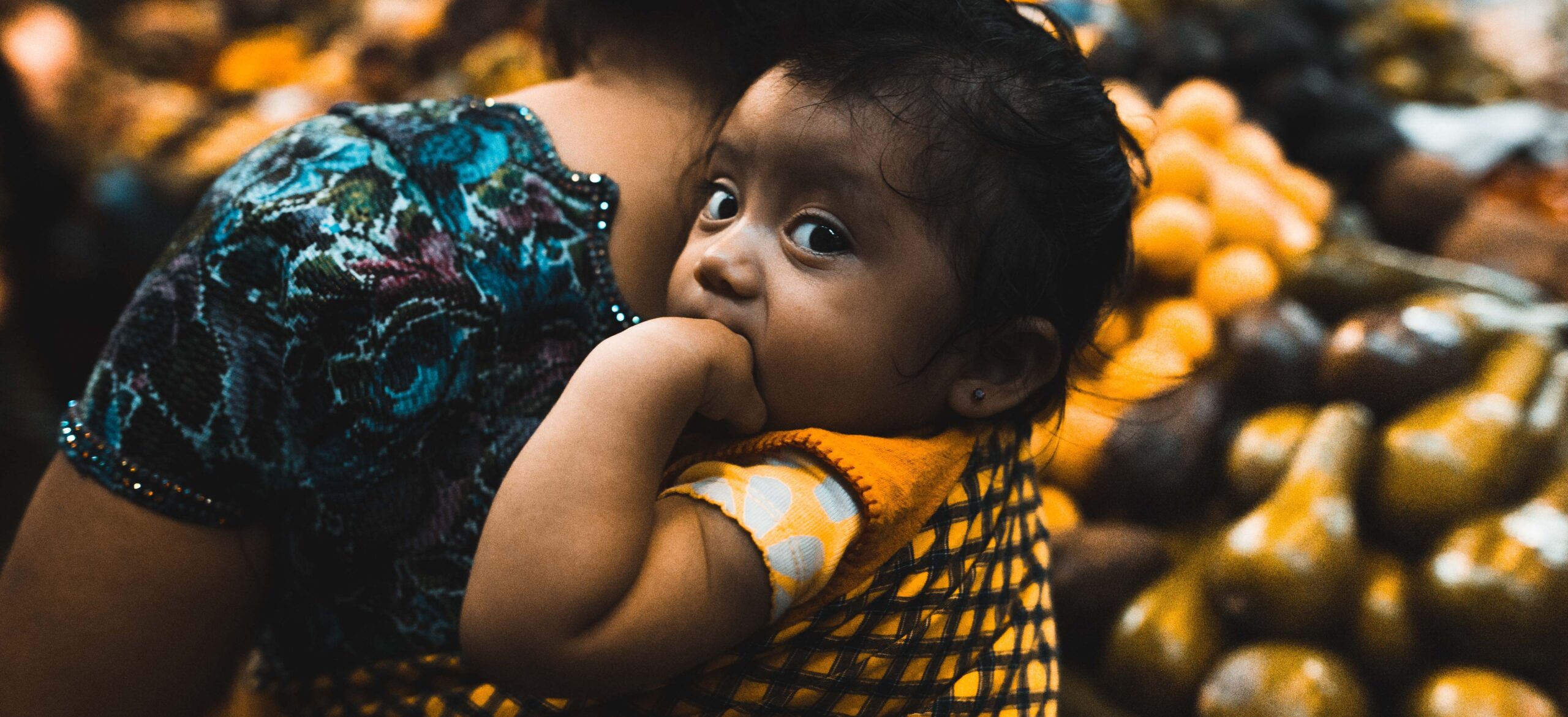
Population Matters Statement on UK overseas aid cut
27 November 2020
immediate use
Population Matters Statement on UK overseas aid cut
Population Matters Director Robin Maynard says:
“Overseas aid is not just an act of charity or humanitarianism, but an investment in safe and secure futures for everyone. The UK’s recent proud record in particular on women’s empowerment, girls’ education and family planning has improved the lives of millions of individuals and countless communities. In tandem with freeing people from the shackles of poverty, it is also doing more than this. Empowered women able to control their own fertility and exercise economic independence choose smaller families. That choice relieves pressure on vital but vulnerable public services and budgets, and also on local natural resources, biodiversity and the environment (1).
“There has been a consistent unwillingness in the development community to say what we all know to be true – relieving population pressure is a critical benefit of aid to the poorest countries. We must never forget or obscure the horrific history of coercive population control and some ugly motivations in the colonial past but it is time to move past the fear of the p-word and openly acknowledge that rapid population growth in poor countries harms people and the environment, and positive, ethical voluntary measures which help to reduce it improve people’s lives and protects the natural world. At Population Matters, we know through the grassroots projects and people we collaborate with in the Global South, NGOs, community activists and individuals know this very clearly and aren’t frightened to say it (2,3). Neither should we be.
“However, more women have an unmet need for modern family planning today than ever before – and due to population growth, that number is expected to rise (4). For the same reason, in sub-Saharan Africa, more girls are out of school now than there were (5), while the UNFPA estimates that the number of girls facing female genital mutilation will increase because population growth means the absolute number of girls at risk is going up (6). Meanwhile, the international Project Drawdown research project found that improving family planning and girls’ education would – because of its effect on population pressure – save 85 gigatonnes of CO2e by 2050, making it the second most effective action we can take to cut global emissions out of more than 80 the project evaluated (7).
“Some of the world’s most vulnerable people will suffer very greatly very soon as a result of this decision. By relieving global population pressure through empowering people, aid helps protect everyone’s future. If this fact was celebrated rather than hushed up, perhaps overseas aid would not be so vulnerable to short-term thinking, false economy and political manoeuvres.”
-ends-
Contact
Alistair Currie, Head of Campaigns and Communications
E: Alistair.currie@populationmatters.org
T: 0208 123 9170 (24hrs)
Notes for editors
(1) A summary of how population affects and is affected by each of the Sustainable Development Goals can be found at https://populationmatters.org/sdgs.
(2) Population Matters support grassroots family planning and empowerment projects in the Global North and Global South through its Empower to Plan crowdfunding programme. Beneficiaries include projects in Wales, Kenya, Guatemala and England. Population Matters attended the International Conference on Population and Development in Nairobi last year, where we discussed these issues with a number of delegates, including then-Minister of State Baroness Sugg. Baroness Sugg has resigned over the government’s change of policy.
(3) Among multiple Global South organisations and individuals discussing population pressure, see here (governments); Why Nigeria can’t fix its development agenda: and where the solutions lie (theconversation.com) (academic); Wendo Aszed of Dandelion Africa (family planning NGO); Florence Blondel (campaigner)
(4) According to a 2020 study by United Nations Population Division researchers, globally in 2019, approximately 270 million women had an unmet need, up from 232 million in 1990. By 2030, this number is expected to rise to 272 million because family planning services are not keeping pace with rapid population increase in developing countries. Estimating progress towards meeting women’s contraceptive needs in 185 countries: A Bayesian hierarchical modelling study (plos.org)
(5) In sub-Saharan Africa, the number of girls out of secondary school has increased by 7 million due to the region’s population growth. UNICEF, 2020, A new era for girls
(6) “The proportion of women and girls subjected to FGM is decreasing overall, but the number of women and girls subjected to it is growing because of population growth. That number could grow from 4.1 million in 2020 to 4.6 million a year by 2030, since the cohort of girls in many high-prevalence countries is growing” UNFPA Against My Will – State of World Population Report 2020
(7) Project Drawdown, 2020
Population Matters is a UK charity campaigning to achieve a sustainable global population through ethical, choice-based means, to protect the environment and improve people’s lives.
135-137 Station Road, London E4 6AG
Charity no: 1114109
